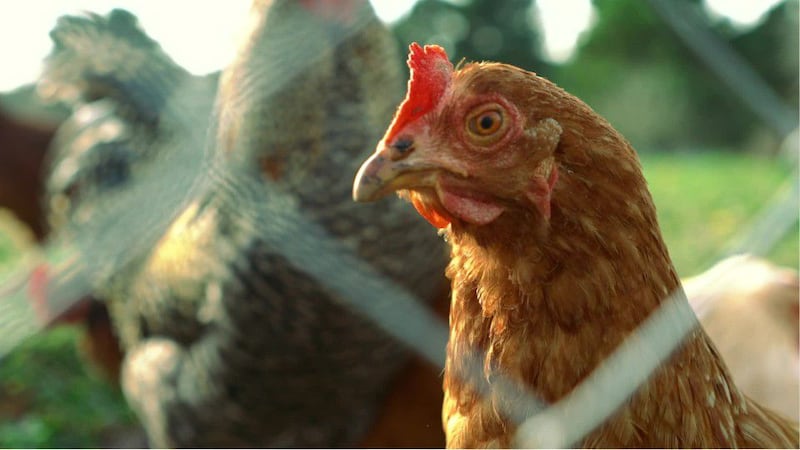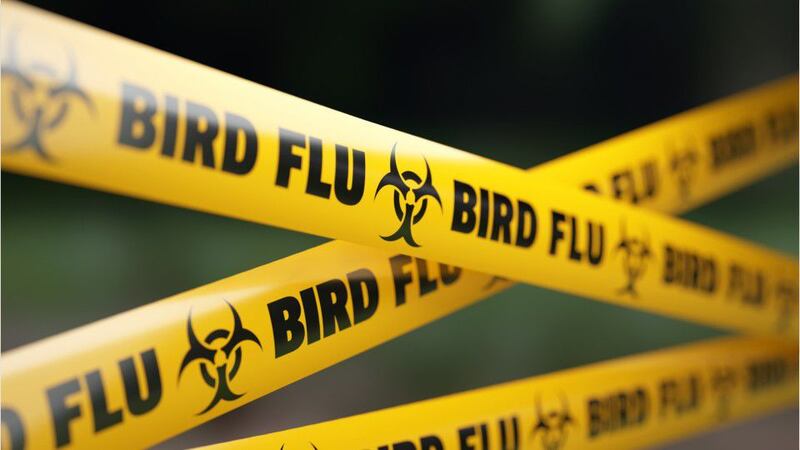ORLANDO, Fla. — A new strain of avian flu has been confirmed in the Sunshine State.
According to the Florida Fish and Wildlife Conservation Commission (FWC), cases of the Highly Pathogenic Avian Influenza (HPAI) strain: H5 2.3.4.4 have been confirmed in a lesser scaup, black vultures and other avian species in Florida.
The FWC was notified of these cases by the National Veterinary Services Laboratory.
>>> STREAM CHANNEL 9 EYEWITNESS NEWS LIVE <<<
The FWC is currently investigating bird deaths in Brevard, Indian River and Volusia counties believed to be caused by HPAI.
This strain has been documented in the United States since 2021 and was detected in hunter-harvested blue-winged teal in Palm Beach County in January 2022, according to an FWC news release.
We continue to monitor for #HPAI in wild birds as cases are confirmed in #Florida: https://t.co/yVD6Mtuvgv #bird
— MyFWC (@MyFWC) February 22, 2022
Last week after several cases of bird flu were reported in Brevard County, the Brevard Zoo announced it was closing its bird experiences to the public as a precaution.
Zoo officials said the USDA’s Animal and Plant Health Inspection Service has reported positive cases of the illness in wild birds in parts of South Carolina, North Carolina, Virginia, Kentucky and Florida.
Read: Brevard Zoo closes bird experiences to the public due to Avian flu risk
On Sunday, the Back to Nature Wildlife Refuge posted a message on Facebook, which stated that it can’t take any birds and how Animal Services in Orange and Osceola counties will not transport any birds “due to the 2022 Highly Pathogenic Avian Influenza (HPAI) virus that has been detected in Florida.”
The post said the HPAI strain has been known to infect birds and some mammals - including humans - especially in rehabilitation situations.
The Back to Nature Wildlife Refuge recommends to not touch birds at all and if you must, to wear personal protective equipment.
Read: Daylight saving time: When do we turn our clocks forward?
No known human infections with Eurasian H5 viruses have occurred in the United States, according to the website.
Read: Rents reach ‘insane’ levels across Florida and US with no end in sight
FWC offered tips to prevent the spread of HPAI:
- -Report bird mortalities so die-offs can be investigated and tested.
- -Prevent contact of domestic or captive birds with wild birds (especially waterfowl).
- -Do not handle sick/dead wildlife. If it is necessary to do so, then wear impermeable gloves, wash hands with soap and water, and change clothing before having any contact with healthy domestic poultry and birds.
- -Hunters and others handling birds should follow the routine precautions listed below when handling wild birds.
Read: Carnival Cruises to change mask guidelines
The U.S. Department of Agriculture recommends that bird owners review their biosecurity practices and stay vigilant to protect poultry and pet birds from this disease.
USDA’s Animal and Plant Health Inspection Service is working closely with state partners on surveillance, reporting, and control efforts.
Click here to download the free WFTV news and weather apps, click here to download the WFTV Now app for your smart TV and click here to stream Channel 9 Eyewitness News live.
©2022 Cox Media Group







